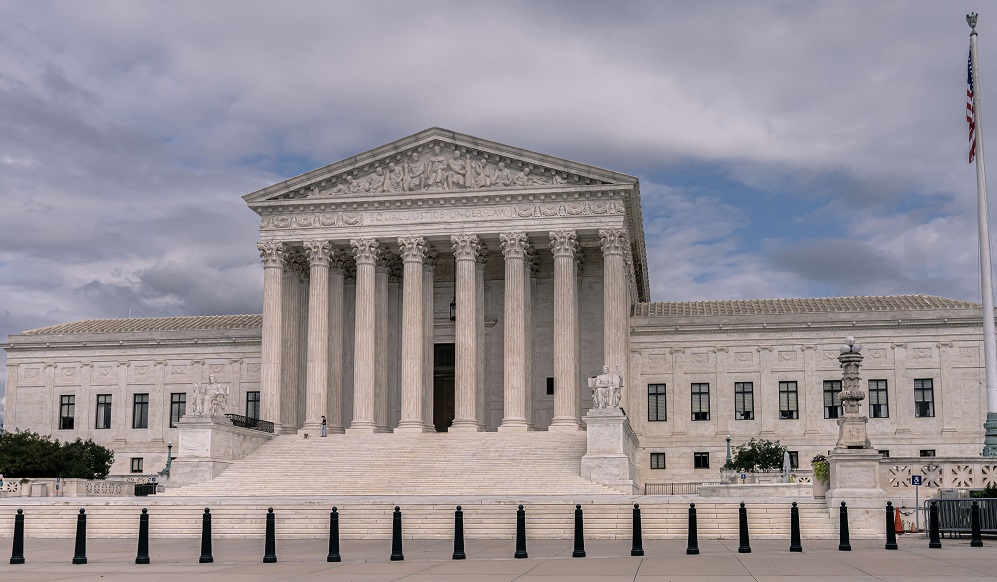WASHINGTON, D.C. — The U.S. Supreme Court has agreed to hear a case on whether the government should be able to sidestep accountability and avoid paying plaintiffs’ attorneys’ fees when it has violated the Constitution.
In Lackey v. Stinnie, The Rutherford Institute has joined a coalition of legal organizations in calling on the Court to affirm a ruling by the Fourth Circuit Court of Appeals, which warned that failing to hold the government fiscally accountable for constitutional violations could give rise to a scenario in which government defendants attempt “to game the system” in seeking to outlast a plaintiff’s financial resources.
“If the government is allowed to avoid the financial liabilities associated with violating the Constitution, it will violate the Constitution for as long as it can get away with it,” said constitutional attorney John W. Whitehead, president of The Rutherford Institute and author of Battlefield America: The War on the American People. “Such a practice cripples the ability of the citizenry, especially the poor and vulnerable, to effectively seek protection from the courts and hold the government accountable.”
Damian Stinnie was among more than 900,000 people who had their driver’s licenses automatically suspended by the Virginia Department of Motor Vehicles (DMV) under a state law that penalized drivers for failing to pay court fines and costs which often have nothing to do with road safety or driving infractions. In July 2016, a lawsuit was filed against the DMV, alleging that the automatic suspensions violated the Fourteenth Amendment’s guarantees of due process and equal protection. The lawsuit alleged that “hundreds of thousands of people have lost their licenses simply because they are too poor to pay, effectively depriving them of reliable, lawful transportation necessary to get to and from work, take children to school, keep medical appointments, care for ill or disabled family members, or, paradoxically, to meet their financial obligations to the courts.” For instance, one of the plaintiffs was a 24-year-old man with lymphoma who became homeless after failing to pay about $1,000 in traffic fines.
A federal district court granted the plaintiffs’ request for a preliminary injunction to temporarily end the “unconstitutional scheme” by prohibiting the DMV from suspending driver’s licenses for unpaid court costs. DMV then asked to postpone the trial, and before the case could be fully resolved by the court, the Virginia legislature changed the law, thereby mooting and ending the case. Attempting to avoid any legal consequences for its constitutional violations, the DMV insisted that since the issue was resolved through legislation rather than a final court-ruling against the DMV, the government could not be required to pay the plaintiffs’ attorneys for their time working on the case. The Fourth Circuit ruled against the government, holding that plaintiffs’ attorneys are eligible to recover reasonable fees from the government for litigating the case. In weighing in before the Supreme Court with an amicus brief in support of Stinnie, the legal coalition that includes The Rutherford Institute warns that allowing the government to escape liability by placing the burden of attorney fees on a prevailing plaintiff will significantly chill the enforcement of constitutional rights.
Andrew J. Pincus and Jonathan D. Stahl of Mayer Brown LLP helped advance the arguments in the Lackey v. Stinnie amicus brief.
